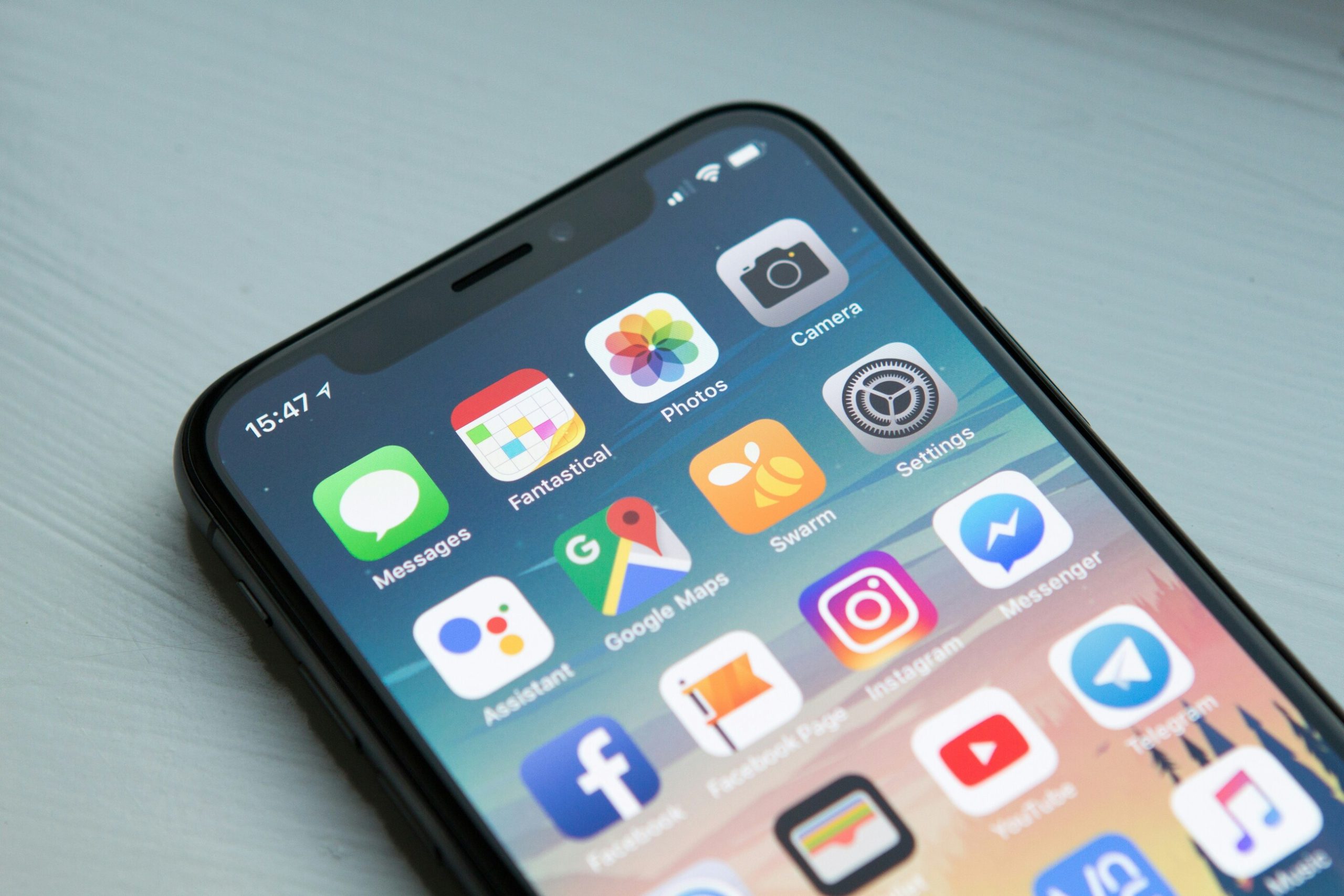Technology makes life easier, faster, and more connected, but it’s also quietly draining your bank account. Many of us assume the biggest tech expenses are one-time purchases like a new laptop or smartphone. But in reality, it’s the small, habitual tech behaviors, those we barely think about, that are slowly bleeding our budgets dry.
In an age where everything from music to grocery delivery is automated, tech-related spending has become stealthy. A few bucks here, a few charges there, and suddenly you’re wondering why your monthly budget feels tighter than ever. These aren’t just luxury habits—they’ve become part of everyday life. And that’s exactly what makes them so financially dangerous.
Here are seven tech habits that could be costing you far more than you realize, and what you can do to stop the silent drain.
1. Subscribing and Forgetting
Streaming platforms, cloud storage, fitness apps, photo editors, and news sites—monthly subscriptions now come in every flavor. But many people forget to cancel free trials or fail to track what’s actually being used.
Even if each service only costs $5–$15 per month, stacking just 5–7 of them adds up to hundreds per year. Many renew automatically, are buried in email receipts, or are paid through platforms like PayPal or Apple Pay, making them easy to ignore.
A regular audit of your subscriptions can reveal just how much is leaking out of your account. Cancel anything that isn’t used at least once a week or downgrade to free versions if available.
2. Upgrading Devices Too Often
The shiny new phone, tablet, or smartwatch looks tempting, but do you actually need it? Many people swap out perfectly functional devices every year or two, racking up costs that rarely align with actual improvements in performance.
Tech companies thrive on upgrade culture, releasing minor improvements and marketing them as revolutionary. But in truth, most people only use a fraction of their device’s capabilities. Holding onto a phone or laptop for four to five years instead of two can save you hundreds or even thousands without any meaningful drop in daily functionality.
3. Paying for Too Much Mobile Data
Most people overestimate how much cellular data they actually use, and telecom companies love that. Many middle-class users are on “unlimited” or high-tier data plans that exceed their needs, especially if they’re mostly connected to Wi-Fi.
Some families are paying $200+ a month for data they don’t come close to using. Carriers rarely suggest downgrades, so unless you initiate a plan review, you’ll keep overpaying indefinitely. Check your monthly usage history and consider switching to a smaller plan or prepaid carrier. You might be shocked by how little data you truly need.
4. Ignoring In-App Purchases and Microtransactions
That $1.99 here or $4.99 there in your favorite mobile game or shopping app may seem harmless, but over time, it adds up. App developers design games and services to be addictive, often encouraging small purchases to “unlock” features or save time.
And when your card is already linked to the platform, spending becomes frictionless and forgettable. Many users don’t realize how much they’re spending on in-app upgrades until the credit card bill arrives. Tracking app-related purchases and setting device-level limits or parental controls, even for yourself, can curb these impulse buys.
5. Renting Instead of Owning Software
Subscription-based software has become the norm, especially for productivity tools, design programs, and antivirus services. But for many users, free or one-time-payment alternatives exist that provide nearly the same functionality.
Paying monthly or annually to “rent” software you only use occasionally is one of the most common forms of tech-related money waste. Think Adobe, Microsoft Office, or even tax software that renews every year. Explore open-source options or one-time purchase apps when possible. You may find that the $12.99/month software you’ve used twice this year isn’t worth the investment.
6. Leaving Devices on 24/7
It’s easy to leave your computer, TV, or gaming console running when not in use, but it’s not just an energy waste. It’s a slow and steady increase in your utility bill. Smart devices like speakers, routers, and security cams also draw power even when idle. While individually small, collectively they contribute to a higher energy bill each month.
Putting your devices on power strips, setting sleep timers, and turning off electronics overnight can lead to noticeable savings over time, especially in homes with multiple users and screens.
7. Failing to Secure Devices and Data
This habit doesn’t show up on your bank statement…until it does. Not backing up data, skipping software updates, or using weak passwords might seem harmless… until you fall victim to a hack, identity theft, or ransomware. The financial fallout can be enormous—frozen accounts, compromised credit, or even drained savings. And yet, many people still use “123456” or reuse the same password across every account.
Investing time in basic cybersecurity practices, like two-factor authentication, password managers, and regular backups, can save you thousands in potential losses and hours of stress down the road.
Small Tech Habits Create Big Money Leaks
Most tech-related financial drains aren’t dramatic. They’re subtle, recurring, and easily overlooked. But when combined, they can quietly siphon off hundreds, sometimes thousands, of dollars a year from your budget.
The good news? Unlike rent or gas prices, these are expenses you can control. A few small changes in your digital habits can add up to serious savings without sacrificing convenience.
Which tech habit surprised you the most, or have you already taken steps to cut your digital spending?
Read More:
9 Times Technology Solved a Problem It Actually Created
The Fine Print of Fintech: 8 Surprising Truths About Auto-Investing Apps
Riley Schnepf is an Arizona native with over nine years of writing experience. From personal finance to travel to digital marketing to pop culture, she’s written about everything under the sun. When she’s not writing, she’s spending her time outside, reading, or cuddling with her two corgis.

























